Dr. Anthony Fauci, the country's leading infectious disease specialist, expressed "cautious optimism" about early results from a vaccine clinical trial published earlier this week and stated that it could be possible to have a COVID-19 vaccine by the end of the year.
"Having looked at the data myself, it is really quite promising," Fauci told NPR in an interview that aired Friday morning. Biotech company Moderna is developing the vaccine in collaboration with the National Institute of Allergy and Infectious Diseases, which Fauci leads.
Moderna announced earlier this week that the vaccine it's developing, the first COVID-19 vaccine to be tested in humans, appears to be safe and able to stimulate an immune response against the coronavirus. The initial findings were based on results from the first eight people who received two doses of the vaccine mRNA-1273 beginning in March. Moderna has yet to release full detailed results from the trial, leading to some skepticism in the scientific community.
Particularly promising is that results show the vaccine produced neutralizing antibodies, which actively block the virus. Fauci added that the results from the trial, which used a "moderate" dose of the vaccine, were "better than we thought," and that if all goes according to plan, "we could have a vaccine that we could be beginning to deploy at the end of this calendar" or January 2021.
However, there is "never a promise," Fauci warned in the NPR interview, "because when you're dealing with vaccines, there could be so many things that get in the way."
Moderna's vaccine is just one of the hundreds being tested to immunize against COVID-19, and any successful vaccine will be met with demand by billions across the globe, as health officials report more than 5.15 million cases of the coronavirus and more than 335,410 deaths.
In the U.S., more than 1.58 million cases have been recorded and more than 95,275 deaths.
Until a vaccine is available, social distancing is key to helping prevent the spread of the virus. Fauci also warned of a second wave of cases, a concern that has been raised as states begin reopening.
Courtesy; US News
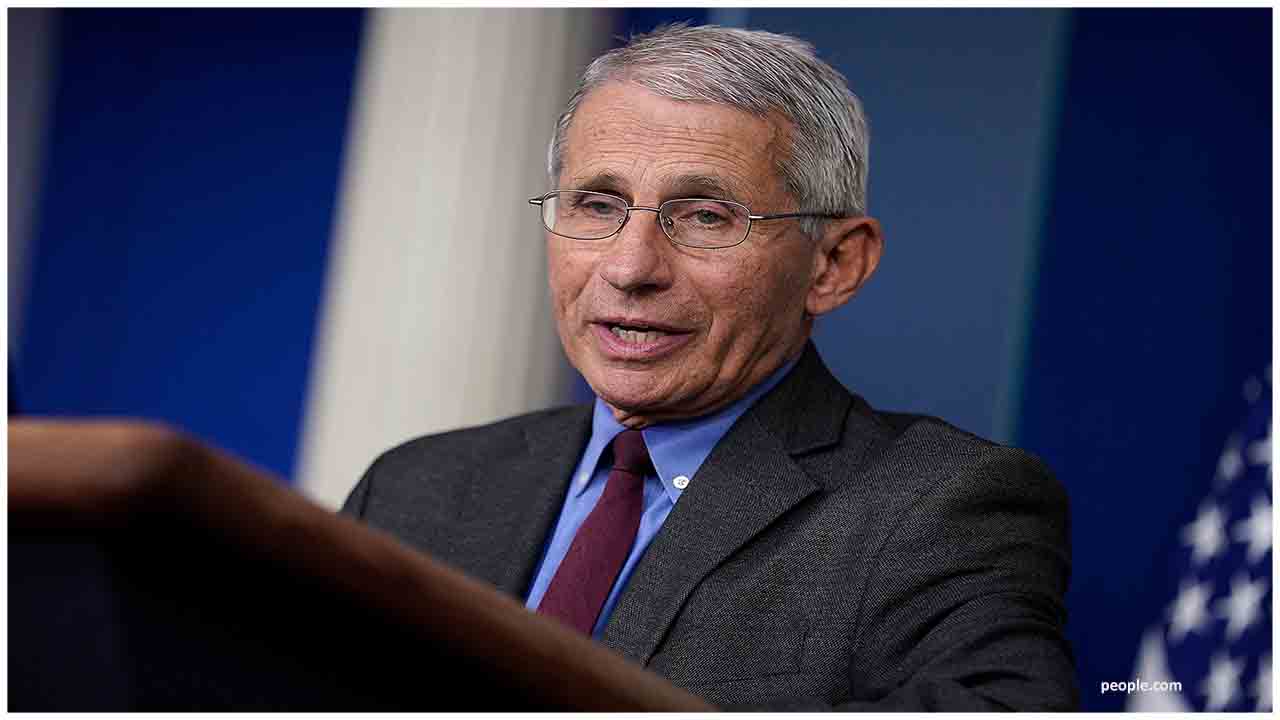
 Moderna's vaccine is just one of hundreds being tested to immunize against COVID-19
Moderna's vaccine is just one of hundreds being tested to immunize against COVID-19








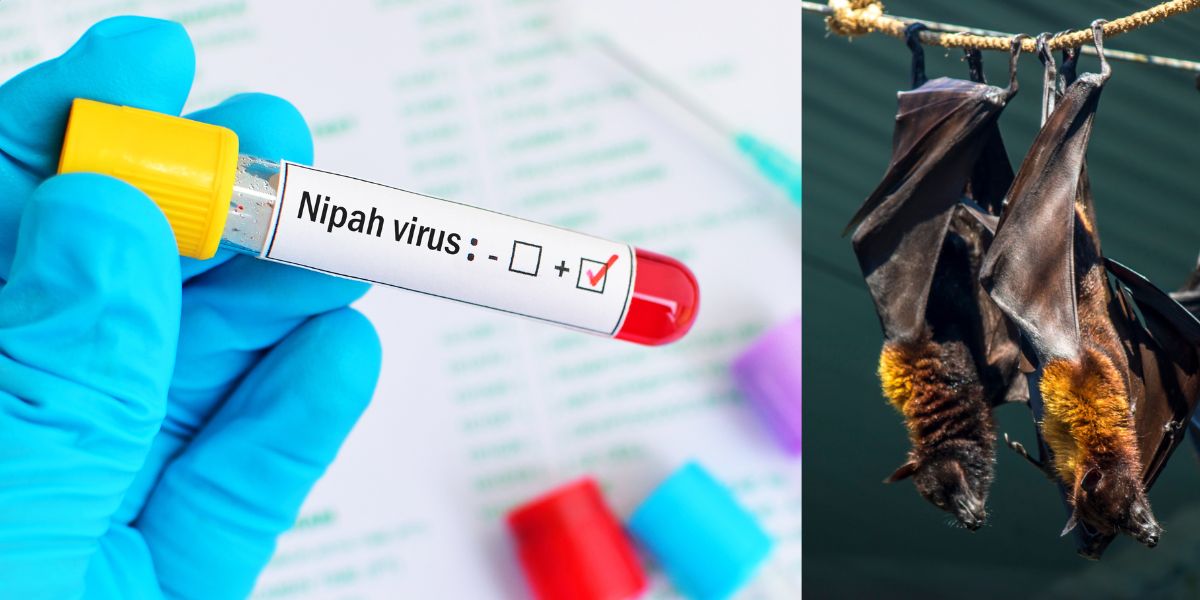
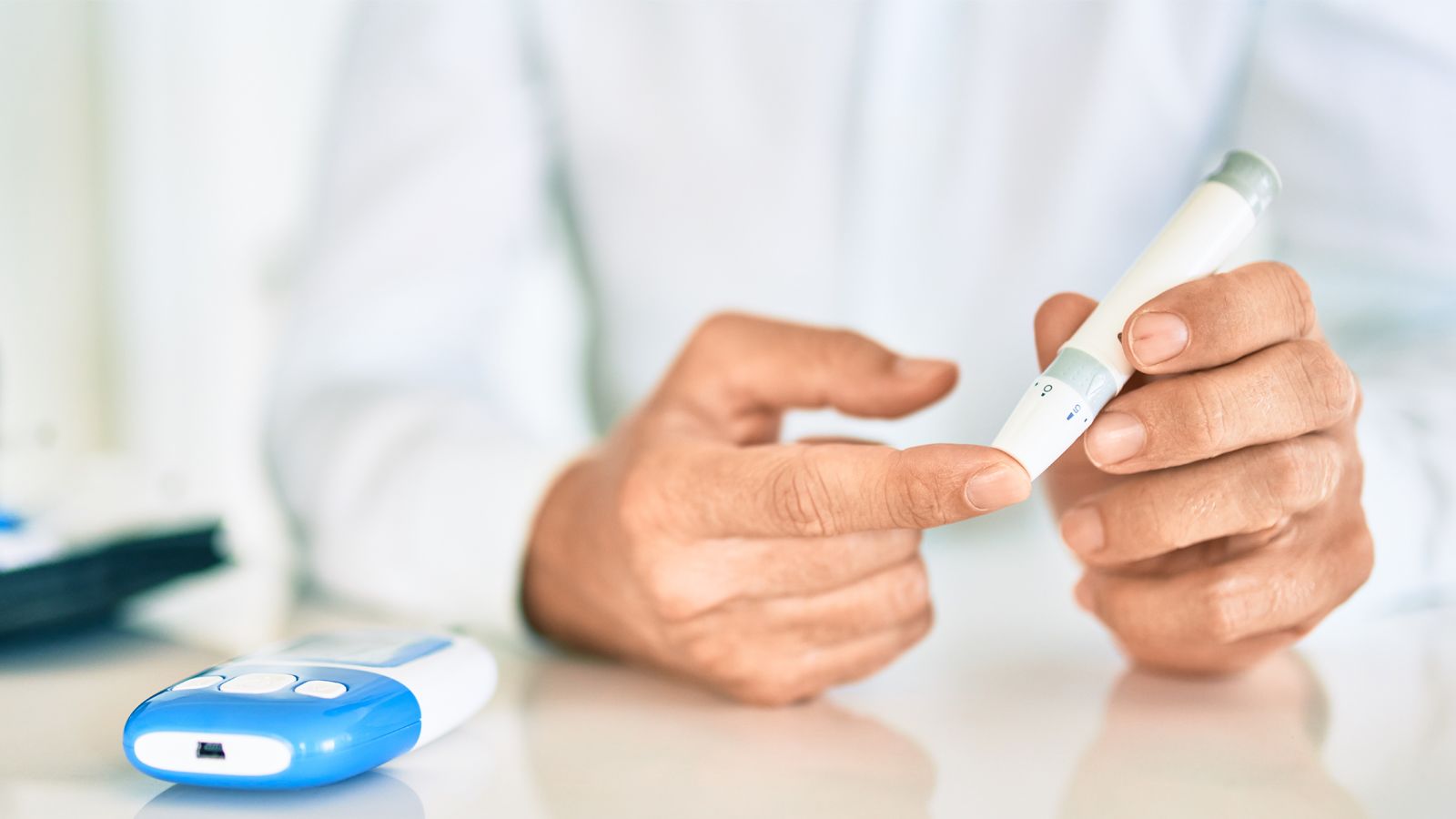
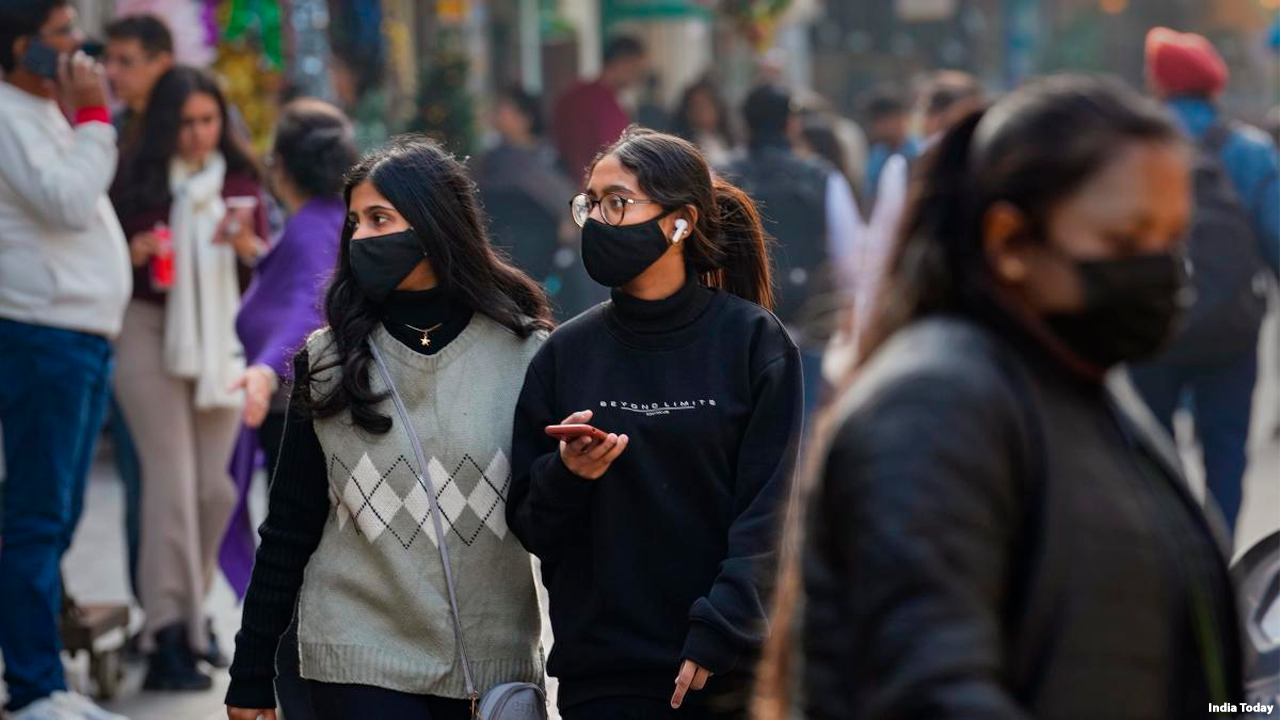
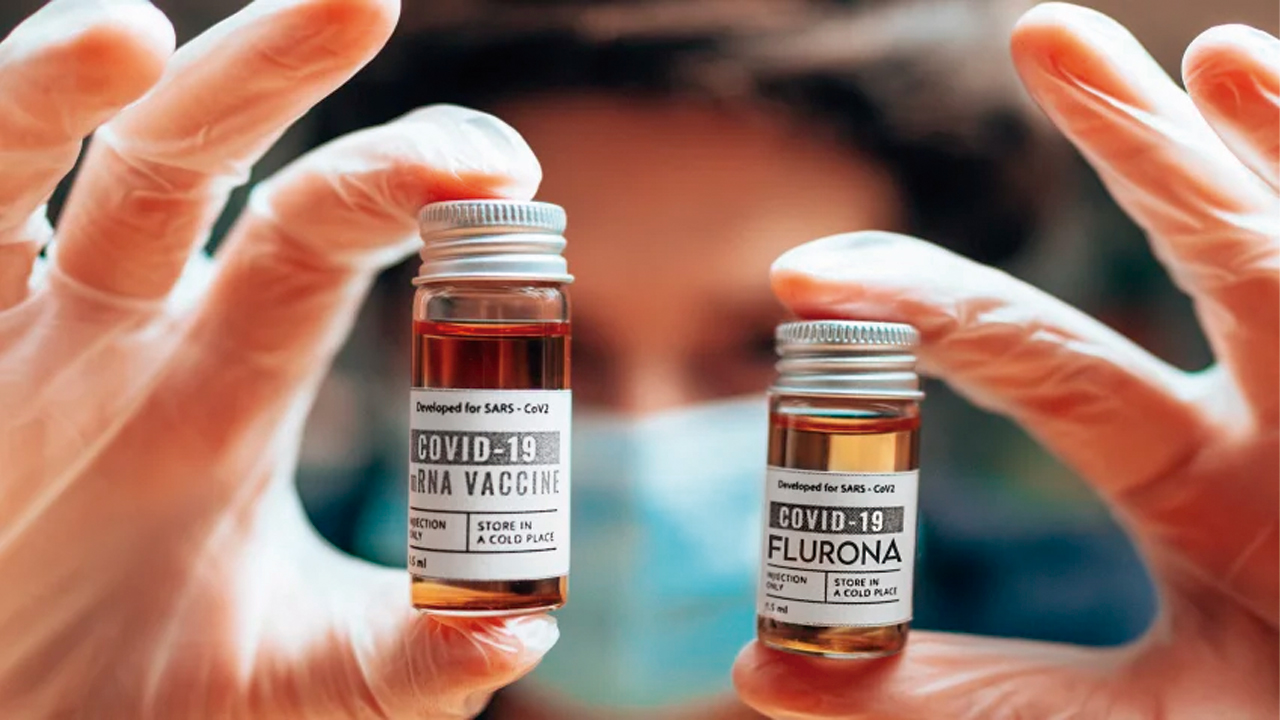
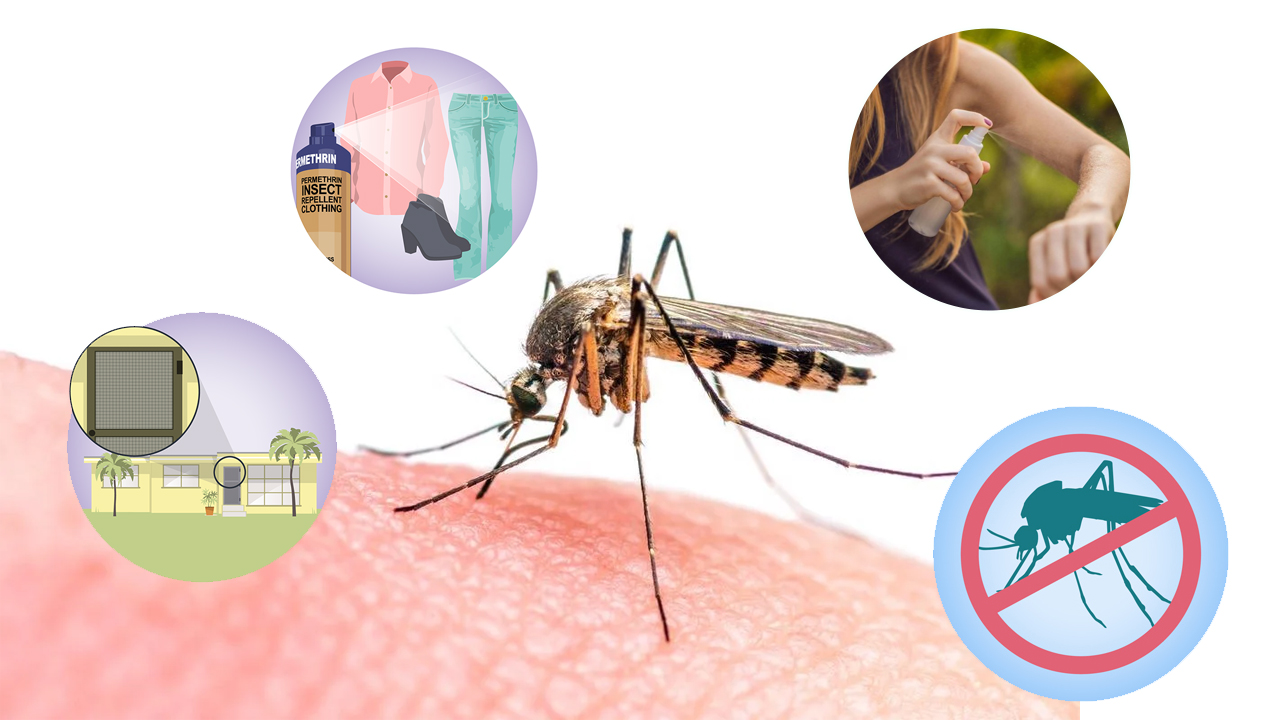
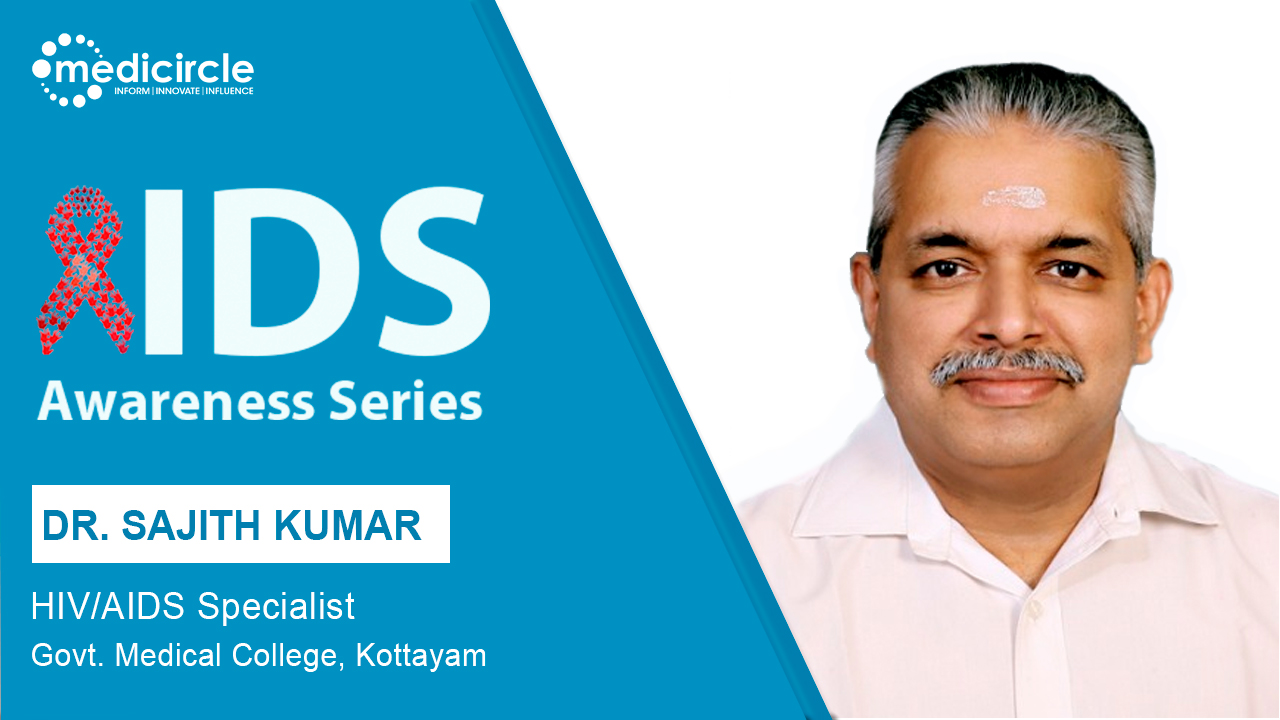






.jpeg)








.jpg)




.jpg)




